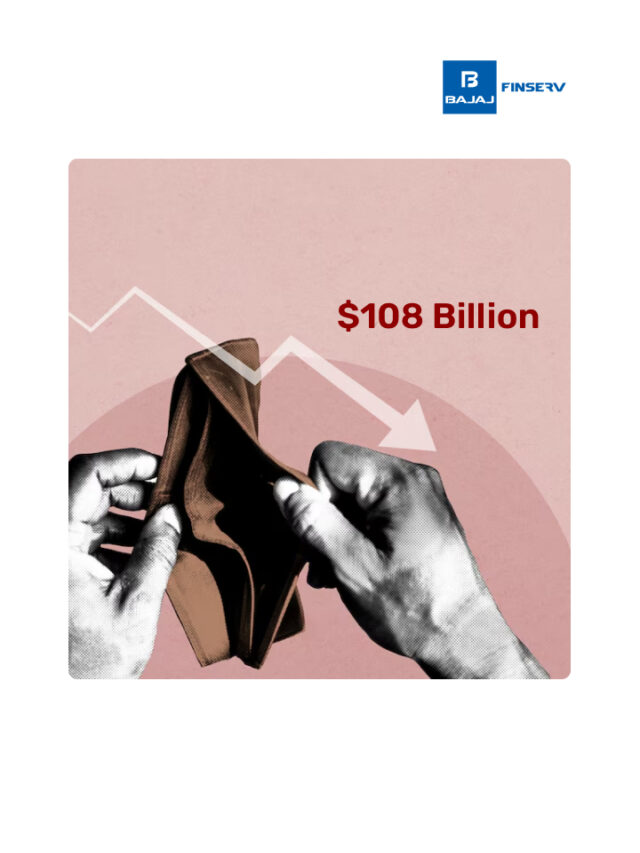Nestle Stock Split: All You Need to Know
Last Updated on October 25, 2023 by BFSLTeam BFSLTeam

Nestle India, the maker of popular brands like Maggi, Nescafe, KitKat and Nestea, has announced its first-ever stock split in the country. The company’s board of directors approved a share split in the ratio of 1:10 on October 19, 2023. The stock split is expected to increase the liquidity and affordability of Nestle India’s shares, which are among the most expensive on Dalal Street.
Here are some key points that you need to know about the stock split:
Table of Content [hide]
What Is A Stock Split And Why Is It Done?
A stock split is a corporate action that increases the number of shares outstanding by dividing the existing shares into multiple new shares. For example, if a company has 100 shares outstanding with a face value of Rs 10 each, and it decides to split its shares in the ratio of 1:10, then it will create 1,000 new shares with a face value of Re 1 each. The total value of the company’s equity remains unchanged, as the market price of each share adjusts accordingly. A stock split does not affect the ownership or voting rights of the existing shareholders.
How Does The Stock Split Impact Nestle India’s Stock Price And Market Value?
The stock split will reduce Nestle India’s share price by one-tenth of its current value. For instance, if the share price was Rs 24,000 before the split, it will become Rs 2,400 after the split. However, this does not imply any loss or gain for the shareholders, as their proportionate stake in the company remains unchanged. The market capitalisation of the company, which is the total value of all its shares outstanding, will also remain constant.
Also Read: Nestle India Ltd Share Price
When Will The Stock Split Take Effect And What Is The Record Date?
The stock split will come into effect within two months from the date of shareholder approval. The company has not announced the record date for the stock split yet. The record date is the date on which the company checks its records to identify the shareholders who are eligible for receiving the new shares. Only those shareholders who own Nestle India’s shares on or before the record date will be entitled to receive the new shares in proportion to their existing holdings.
Benefits & Risks Of Investing In Nestle India After The Stock Split
The benefits of investing in Nestle India after the stock split are:
- The lower share price may attract more retail investors who may find it easier to buy and sell Nestle India’s shares in smaller quantities.
- The higher number of shares outstanding may increase the trading volume and liquidity of Nestle India’s shares, which may reduce the bid-ask spread and improve price discovery.
- The higher liquidity may also enable more institutional investors to invest in Nestle India’s shares, as they may have certain minimum trading volume requirements.
- The stock split may reflect Nestle India’s confidence in its future growth potential and performance, as it may indicate that the company expects its share price to appreciate over time.
Risks of investing in Nestle India after the stock split are:
- The lower share price may also attract more speculative traders who may create volatility and fluctuations in Nestle India’s share price.
- The higher number of shares outstanding may dilute some financial ratios such as earnings per share (EPS) and return on equity (ROE), which may affect Nestle India’s valuation and attractiveness for some investors.
- The stock split may not necessarily lead to higher returns for shareholders, as it does not change the fundamental value or prospects of Nestle India’s business.











